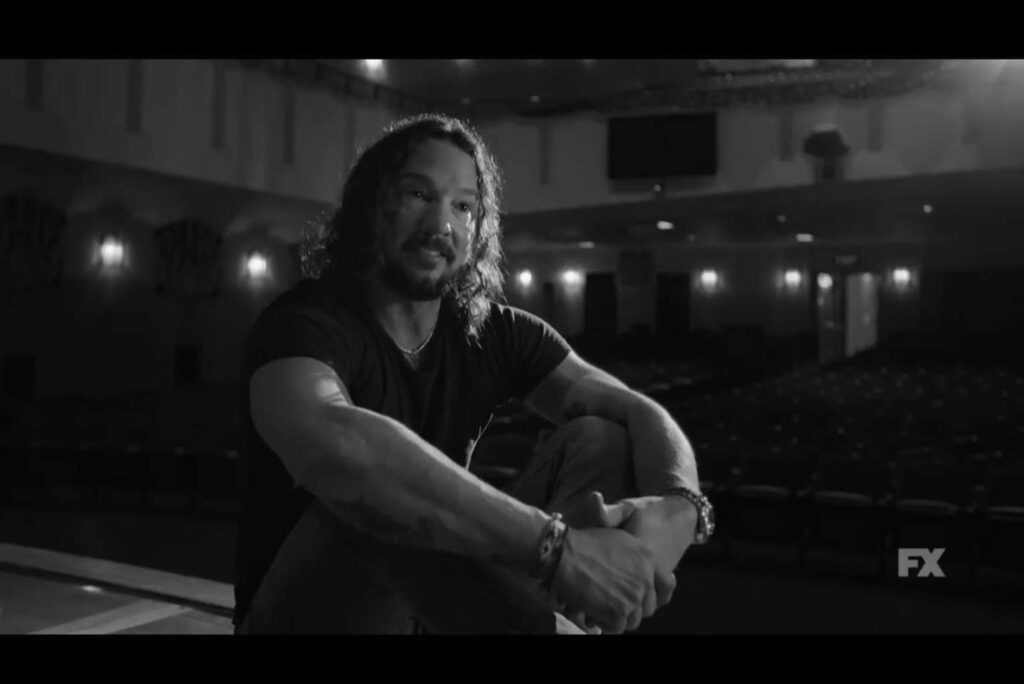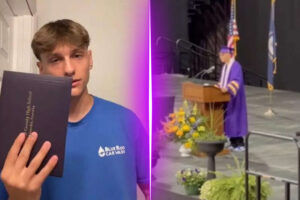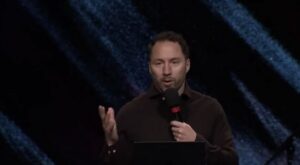Most Americans still prefer a real-live preacher to a video sermon, according to a survey from Nashville, Tenn.-based LifeWay Research.
About a third (35 percent) say they will only visit churches with a live sermon.
Three in 10 say a video sermon won’t keep them from a church, but they still prefer live preaching. The same number say live or video sermons are fine.
Less than 1 percent prefer to watch a video sermon.
“I don’t think anyone gets up on a Sunday morning saying, ‘Boy, I’d really like to watch a video sermon,’ ” said Scott McConnell, vice president of LifeWay Research and author of Multi-Site Churches: Guidance for the Movement’s Next Generation. “But the fact that many churches utilize video sermons means other factors such as relationships, preaching approach, music, relevance, and location can be more important.”
The sermon question was part of a telephone survey of 1,001 Americans, conducted Sept. 6-10.
Video sermons are mostly used by multi-site churches, which hold services in more than one location, often called a campus. Those campuses frequently have live music, prayers and a local pastor, who does everything but preach.
About half of the estimated 5,000 multi-site churches in the U.S. use video teaching, said Jim Tomberlin of the consulting firm MultiSite Solutions.
Tomberlin said larger churches are more likely to use video sermons.
Many large churches already project an image of their preacher on a big screen during the sermon. So when they open a new campus, people are already accustomed to seeing a video image of their pastor. That’s less likely to be the case at a smaller church.
“Small churches have a bias against video,” said Tomberlin. “As a church grows bigger, video gives them more options. It becomes a non-issue.”
Younger Americans are more likely to accept a video sermon. More than a third (37 percent) of those 18 to 29 say it doesn’t matter if the preaching is live or by video.
By contrast, only about a quarter of those 45 to 54 (24 percent) or those over 65 (26 percent) say they are fine with both options.
Researchers also found that that those in the Northeast also are most open to a video sermon, with 40 percent saying they are fine with either an in-person or video sermon.
Almost half of those who don’t go to church (47 percent) also say it doesn’t matter if the sermon is live or delivered by video.
Those with a college degree are more likely to prefer an in-person sermon (41 percent) as are self-identified born-again, evangelical, or fundamentalist Christians (37 percent).
Ken Langley, president of the Evangelical Homiletics Society and an adjunct professor of homiletics at Trinity Evangelical Divinity School, is skeptical about sermons delivered by video.
The sermon is part of the church’s worship, he said, and it’s incomplete if the preacher isn’t there with the rest of the congregation.
“I do think that there is something missing when the preacher is not present,” he said. “And it’s hard to define. Presence is important.”
Langley, who also serves as pastor of Christ Community Church in Zion, Ill., said sometimes he makes changes to the sermon while preaching, depending on who is listening.
For example, he was preaching a sermon about finding joy in the midst of suffering, and noticed some congregation members who had been going through a difficult time.
He made some subtle changes in language to his sermon, in order to comfort them, while still making his point.
“You can’t do that when you are preaching to a camera,” he said.
But Tomberlin points to the example of Billy Graham, whose crusade sermons were sometimes filmed and later broadcast on television. People still connected with Graham’s message, even though they were watching it at home and not in person.
“God could still work, even if Graham wasn’t in the room,” he said.
Click here to download the research.
See an error in this article?
To contact us or to submit an article




















